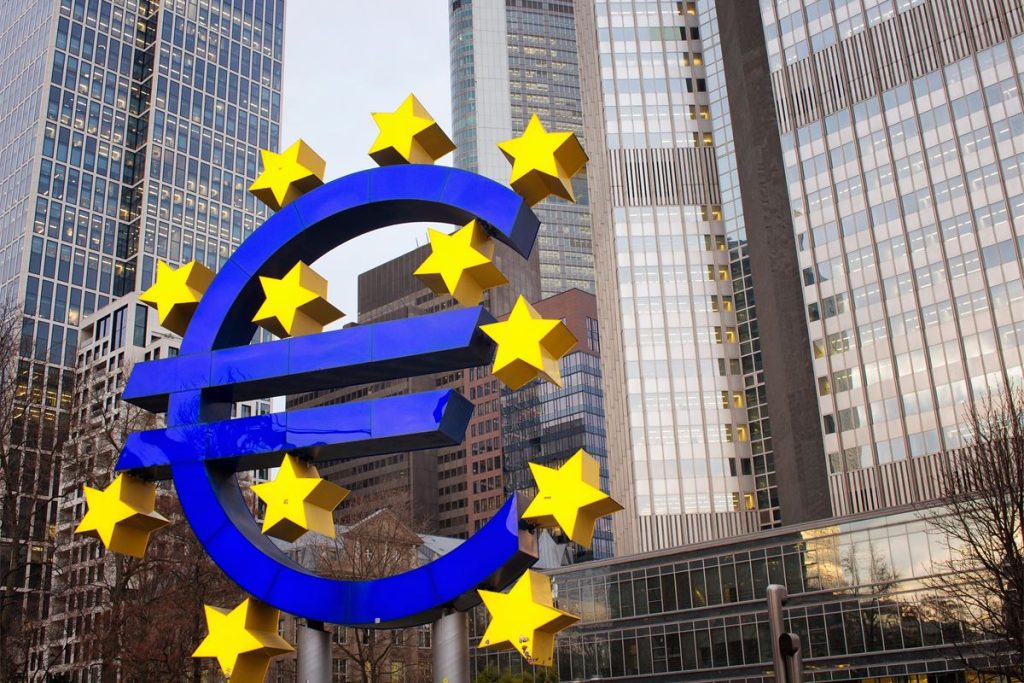Growing Dependency on US Payment Systems
Europeans are increasingly recognizing the extent of their reliance on the United States in various sectors, including payment systems. In response to this dependency, a promising initiative is underway: the launch of the digital euro.
A Digital Equivalent of Cash
The proposed central bank digital currency (CBDC), known as the digital euro, is designed to function as a digital counterpart to physical cash. This innovation aims to facilitate private, secure online transactions, which are becoming more prevalent.
Benefits for Businesses and Consumers
Implementing the digital euro could benefit businesses and consumers alike by diminishing the influence of US-based card networks, which handle over 60% of transactions in Europe and significantly impact retailers’ earnings. The digital euro would help in countering this pricing power.
Misinformation and Risks
Like many significant projects, the digital euro has sparked numerous conspiracy theories about cash replacement or enhanced surveillance of citizens. However, the real risk lies in the current situation, which leaves Europe vulnerable to external pressures from the US that could disrupt payment systems.
Creating a Secure and Convenient Payment System
The digital euro will be introduced under the Single Currency Package, part of a legislative proposal by the European Commission to ensure the continued acceptance of cash. With the backing of the ECB, this initiative aims to build trust and stability in public and private payment methods, while delivering convenience and reliability to consumers.
Boosting Strategic Autonomy
This new currency is vital for enhancing Europe’s strategic autonomy and reducing potential payment disruptions. The geopolitical changes following US elections have highlighted Europe’s lack of independence in the global digital payment arena, particularly in its reliance on US technology.
Conclusion: The Need for the Digital Euro
The shift towards a more independent financial landscape is essential, especially as dependencies on US-based systems can expose Europe to risks. Developing the digital euro is a critical step towards achieving this goal and ensuring financial stability within the region.



